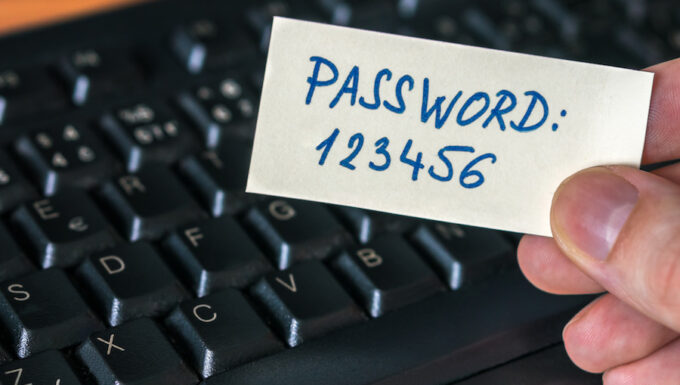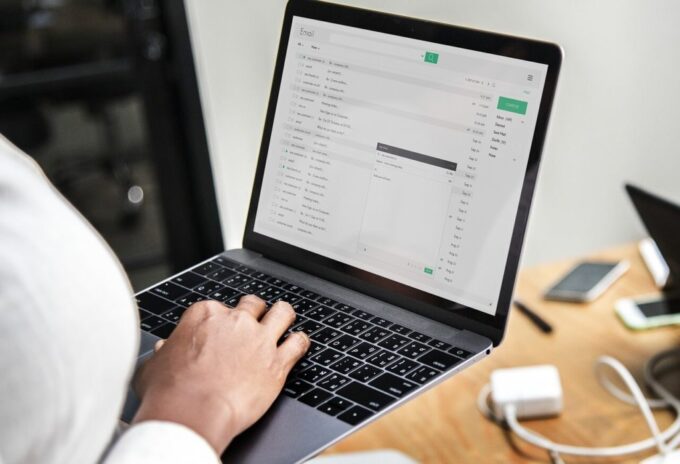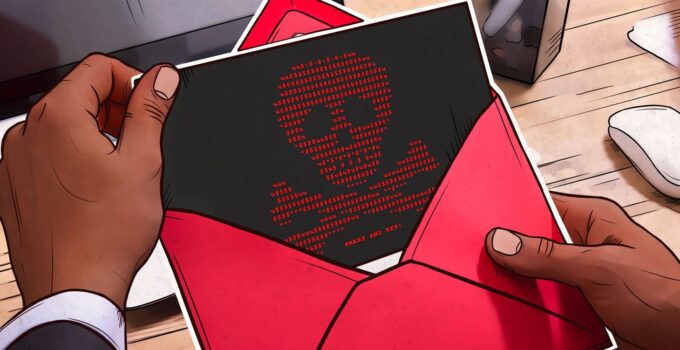When you are surfing the internet, interacting with others on social media, shopping online, and studying or working online, you want to be sure that you are safe and that your privacy is protected. After all, there are a lot of hackers and scammers who continually try to infect innocent people’s computers and devices with viruses and malware, and who aim to steal personal details so they can commit identity theft.
Over the years there have been several solutions for safer web browsing, from anti-virus software and tools to those famous VPNs that now extend to protecting your privacy, but we all wonder just how functional are they?! There are a lot of steps you can take to protect yourself online but there is also a lot of mistakes all of us make, consciously or not.
Knowing what you can do to protect yourself and reduce your vulnerability is key. So, what are some of the mistakes that could make you more susceptible to cyber-attacks? What are some things that you could do to protect yourself? Check out the tips below to learn more.
Using Weak Passwords

Source: securedatamgt.com
There are several mistakes that people make that result in being more vulnerable online, and one of them is the use of weak passwords that are easy to guess. Also, using the same password for several, or even all, accounts is a mistake that can increase vulnerability to hackers and their cyber attacks. And failing to change passwords regularly can also leave you vulnerable to cyber-attacks.
Believe it or not, a weak password is the number one reason you get hacked. When you get lazy and comfortable you make this kind of mistake – use one or two easy to crack passwords for multiple or worse all your accounts!
To avoid making this mistake, just create complicated passwords. Even if it means you need to write them down somewhere, it is better than having an easy-to-remember — and easy-to-guess — password. Use a variety of numbers and symbols, and play with capitalization to make passwords harder to crack as well. Avoid passwords like your birthday or the names of family members.
Trusting Strangers Too Much
Many people meet new friends online, and a lot of people even start romantic relationships on the internet. But this doesn’t mean that every person you encounter online, whether it is in an online chat or on social media, will be genuine. There are scammers out there who will lie to you to take advantage of you, so it is necessary to be aware of the risks and take cautious steps to protect yourself.
First off, avoid sharing too much personal information about yourself in posts that you make on social media. Secondly, if you end up befriending strangers, keep your personal information to yourself. This includes things like your address, the names of family members, your phone number, your place of employment, etc. Until you are sure that you can trust someone, it’s best to play it safe, and you can use Nuwber to access background information on an individual to figure out if they are trustworthy.
Online dating and chatting have been around since the start of the internet and the scams that originated from these are as old. What is interesting is that people still didn’t learn that personal info is just that – PERSONAL. No matter how good or sweet or similar to you someone online is, never share your info under any circumstances.
Clicking on Dangerous Links in Emails

Source: tech-wonders.com
When you get emails, do you take care to verify that they are legitimate? Many scammers will create emails that look surprisingly real, complete with business logos, to trick people into thinking that they’re being contacted by a company they have an account with. In reality, when you click on those links, they won’t take you to the real business’s website; instead, your computer might be infected with malware or you might end up giving away your personal information to a thief.
To make sure you can see through scams like this pay close attention to those kinds of emails. What you need to look for are grammatical errors, capitalization word errors, general knowledge of your language and pay very close attention to the mail address it originated. These scammers try very hard to copy almost every aspect of your bank, for instance, but the domain is hard to copy so pay attention to where the mail originates and if it is at least a dot different than what you used to get from your bank never open anything!
To protect yourself, be sure an email is legitimate by going directly to the sender company’s website and logging in to see if they have any notifications for you. You might even call them to find out if the email is real. Plus, you can hover over any links in the email to see where they’ll take you before clicking on them, and you can check the email address that the email was sent from to determine if it’s legit.
Software not up to date
Another common mistake we all do is skip software updates. These are coming to us for a reason and when they do you shouldn’t skip any updates you get. What we need to emphasize are the updates of your OS or Operating System and those should be installed whenever you get a notification for one. Developers constantly test their product and find new ways to breach it to learn its weaknesses and patch them up. Those weakness patches come in a form of those updates which is why they are often very important.
Social media info

Source: unsplash.com
Most of us don’t bother going through our social media apps settings to limit or fully hide our information in total or just the significant parts. This is probably the best place for a scammer to get the info they need to make a personal attack made just for you. With settings every social app is providing you can limit who can see what of your info, your shares and to what regions does that information gets shared. There are a lot of sets available for your full protection you just need to familiarize yourself with them.







